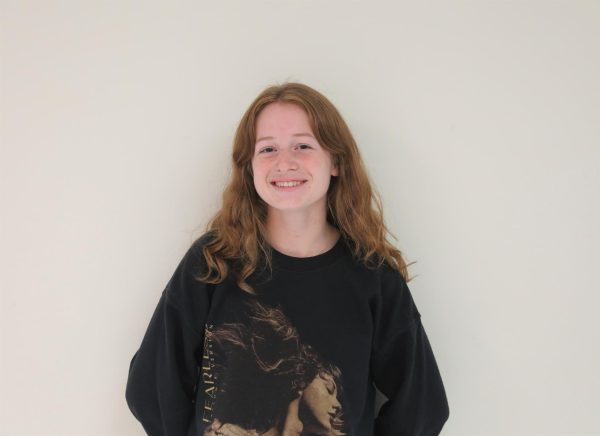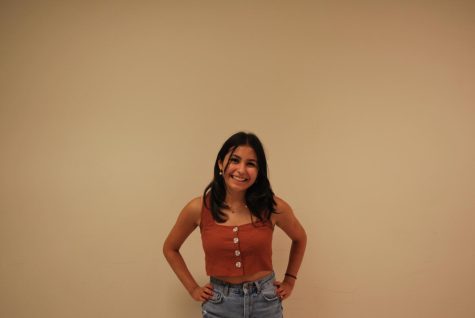PCP: Should politics have a place in the classroom?
November 8, 2022
Let’s stay neutral by Katie Garrity
In this day and age, politics have an undeniable impact on everyone’s life. Every day, everyone is exposed to some sort of political message, whether it be through watching the news, word of mouth, or even on personal social media feeds. However, politics should be kept distinctly separate from schools, as they’re simply not a discussion that should take place between teachers and students.
As a teenager, learning about politics and establishing opinions is extremely beneficial to developing as a person. It introduces new topics of discussion, especially younger, more innovative ideas that have been previously overlooked by older generations. These ideas, however, do not need influence from teachers and peers at school. Political opinions do not have a place in the teaching of a lesson, the same way opinions in general don’t belong in the classroom. The teachers are here to teach, not to inform and commentate with their opinions no matter the topic.
Last year in particular, there was constant political discussion throughout the year regarding a wide range of subjects, especially those surrounding COVID-19 and masking policies. In many of my classes, there was always something to be said about these topics, often from the teachers; sometimes the conversations would add to the lesson, and other times, they would be unrelated.
These unrelated conversations also took place between the students, and often would create tension and take away from time to learn. The need for political discussion also depends on the class. In STEM-based classes, there’s little use for politics when learning the material, unless it’s purely for debate or discussion that diverts from the class.
Political orientations are also very personal to some, and people tend to create bias without even noticing. This is something that can be dangerous involving relationships between teachers and students. We have all had the teacher that plays favorites, and political affiliations could possibly add to their biases. You wouldn’t discuss politics with a person you’re first meeting unless there’s a direct reason to, similar to how you shouldn’t in the classroom. It’s a topic of conversion that doesn’t apply to these circumstances. These discussions in class can also create conflict between students.
There isn’t a correct political view: politics are subjective. When students hear opinions from teachers, especially–people who are regarded with more credibility and respect–it can become confusing and create doubt about what they believe in. Students shouldn’t have to wonder about their own political beliefs just because they differ from a teacher’s or another peer’s. Privacy is also a factor in this debate. Students shouldn’t have to feel pressured to think a certain way and talk about these things if they don’t want to. Schools should be safe places for students to develop without pressure from outside sources.
Overall, politics are something that will always be around, constantly changing, and creating new discussions. They’re valuable outside of school, but create unnecessary tensions and confusion for students. In that regard, they should always remain a topic that stays outside the school building.
Let’s talk politics by Olivia Grefenstette
It is no secret that we are living in a divided world. The nation, Illinois, the LT community, and even individual families find themselves split over hot-topic issues such as gun rights, reproductive rights, immigration policy, and others.
However, the solution to these tensions is not to avoid all political discourse and pretend conflict isn’t an integral part of life. High school is a place where students prepare to face the real world after graduation. How can we learn to coexist and find common ground with others if we sweep uncomfortable conversations under the rug?
Discussing opinions, both political and mundane, in the classroom is crucial for students to develop their own identities and discover their values. While school is no place for hate, respectful and thoughtful political discourse would serve to help deepen students’ understanding of topics and promote tolerance.
Last year, LT’s student body was divided over important issues such as COVID-19 regulations and racial tensions. Unfortunately, these disagreements spiraled into verbal and physical violence. Moreover, neither side of these debates listened to their opposition with an open mind. It felt as if everyone was yelling while they plugged their ears. Many incidents arguably could have been avoided if students had the skills to voice their opinions and listen to each other with decorum.
Part of this problem stems from the fact that political arguments are discouraged in the classroom. What better, healthier way is there for students to debate prevalent issues than within the confines of a classroom, under the guidance of teachers? It is very easy for arguments to get heated when there isn’t a third party to step in and regulate. Furthermore, these in-class debates provide the opportunity for teachers to provide students with skills on how to maintain a level of respect for inevitable outside-of-school arguments.
Allowing political discussion in the classroom, not only benefits students, but also enhances the quality of learning in a course. These debates are engaging ways for teachers to get students to think critically and deeper about topics taught in class. Debates can help students demonstrate and expand upon what they have learned, as well as see how the content of the course applies beyond the classroom.
Clearly, politics aren’t ingrained into all courses equally. Permitting political discussions in class does not mean elections will be dissected in a calculus course. However, there are many instances where politics do fit appropriately into a course’s curriculum. For example, in environmental science, classes could debate whether policymakers are doing enough to fight climate change. Details taught in class about certain environmental factors such as increasing carbon emissions and deforestation can be incorporated.
Lastly, high school is the place where students grow into themselves. We begin to discover our passions, values, and how to incorporate them into our daily lives. We try to figure out our identities, what makes us who we are, and how to proudly express our most authentic selves. Certain seniors are old enough to partake in the most democratic practice our nation has to offer: voting. How can we be expected to know what stances we take, and what issues are important to us, without first being exposed to the full political picture? By hearing others’ perspectives and actively listening to all sides, students will then be able to make the most informed decisions.
In summary, politics should play a part in the classroom to not only help students learn tolerance but also to promote more in-depth learning and self-discovery.

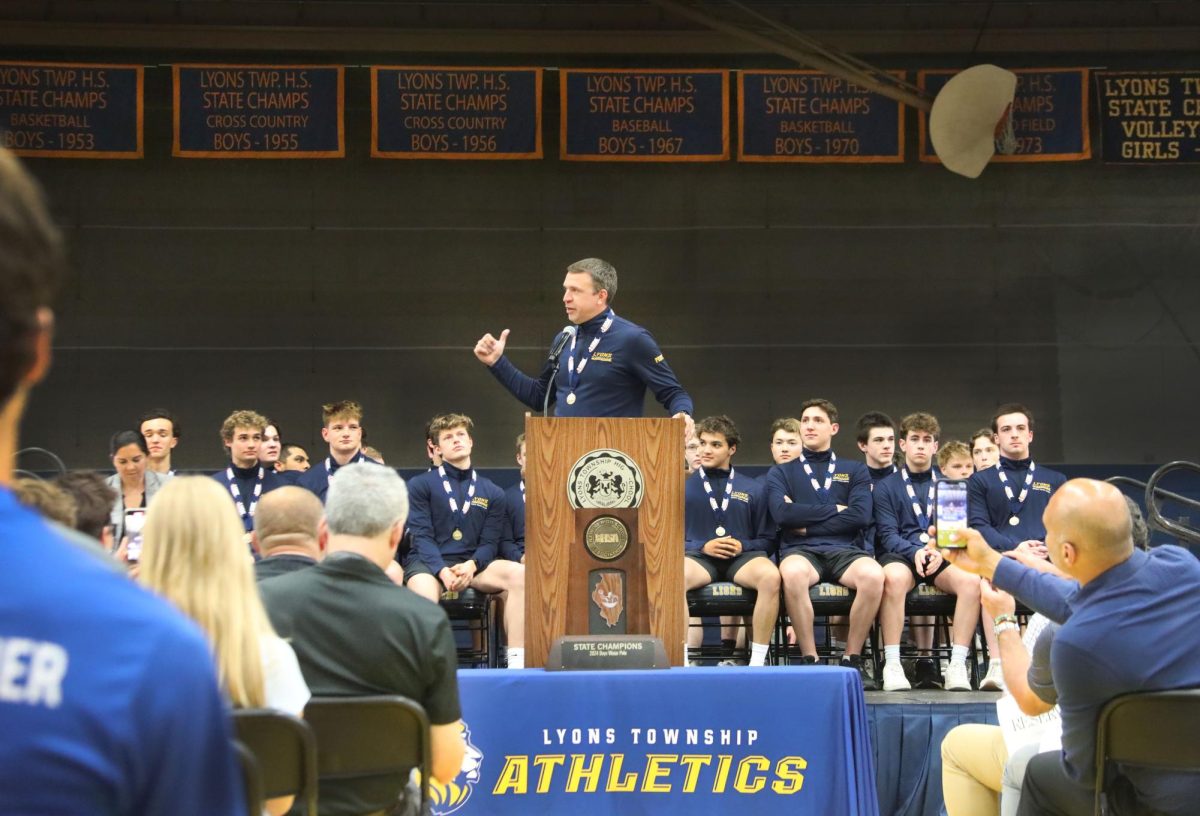
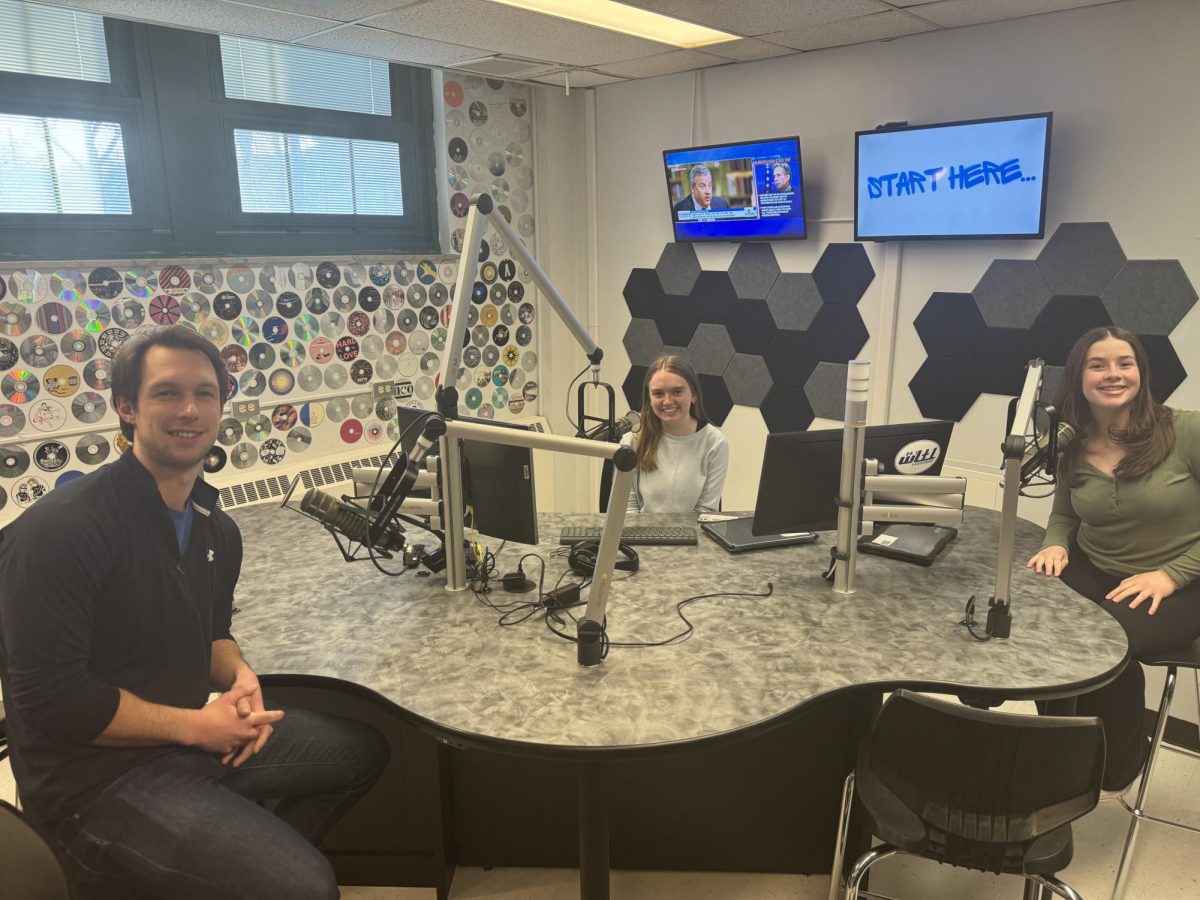

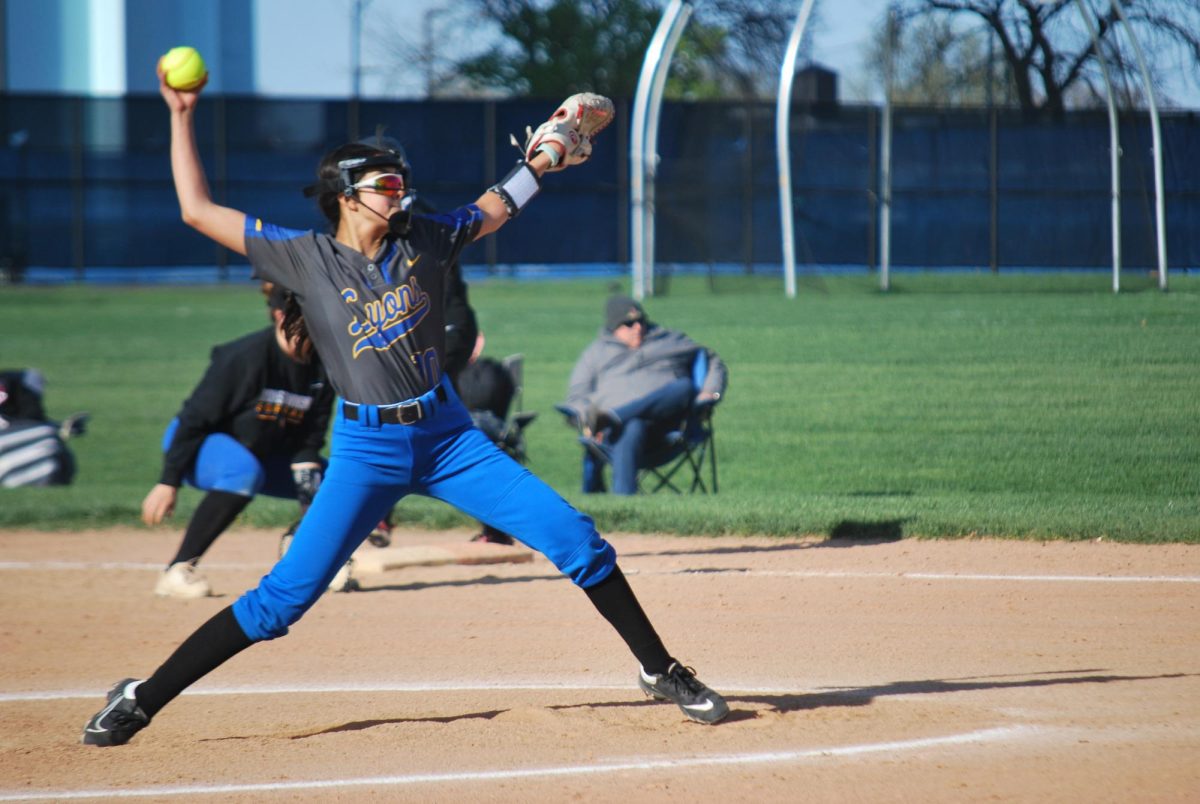
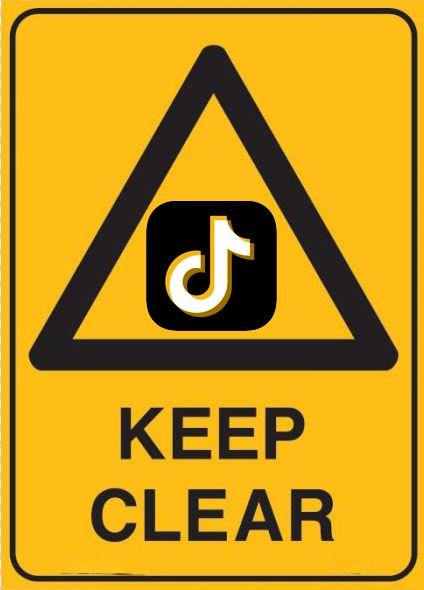
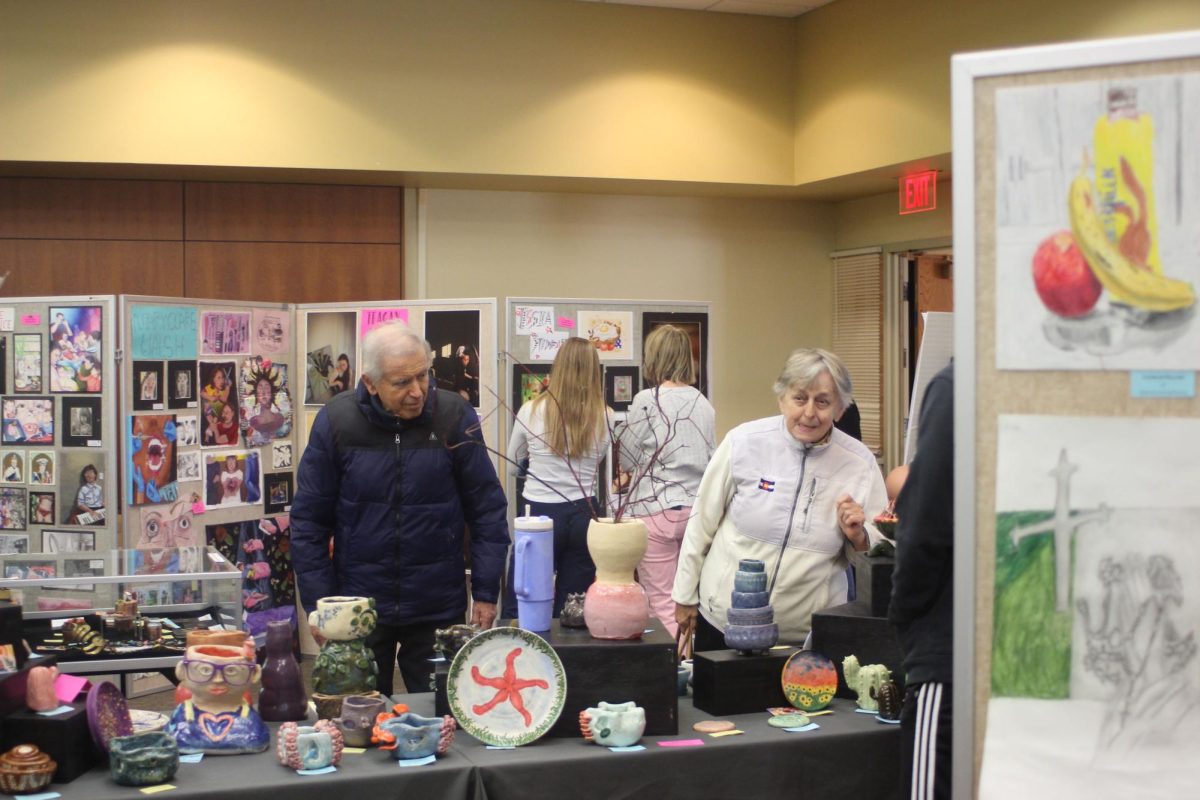

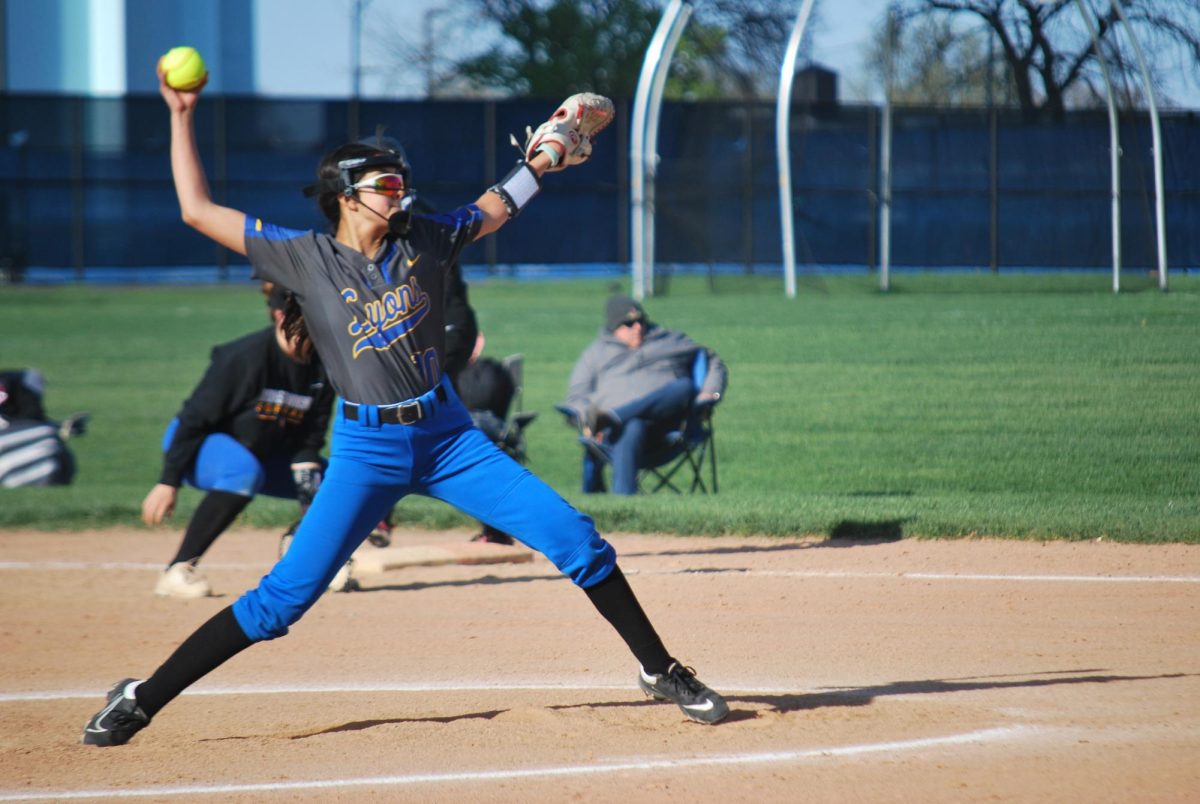
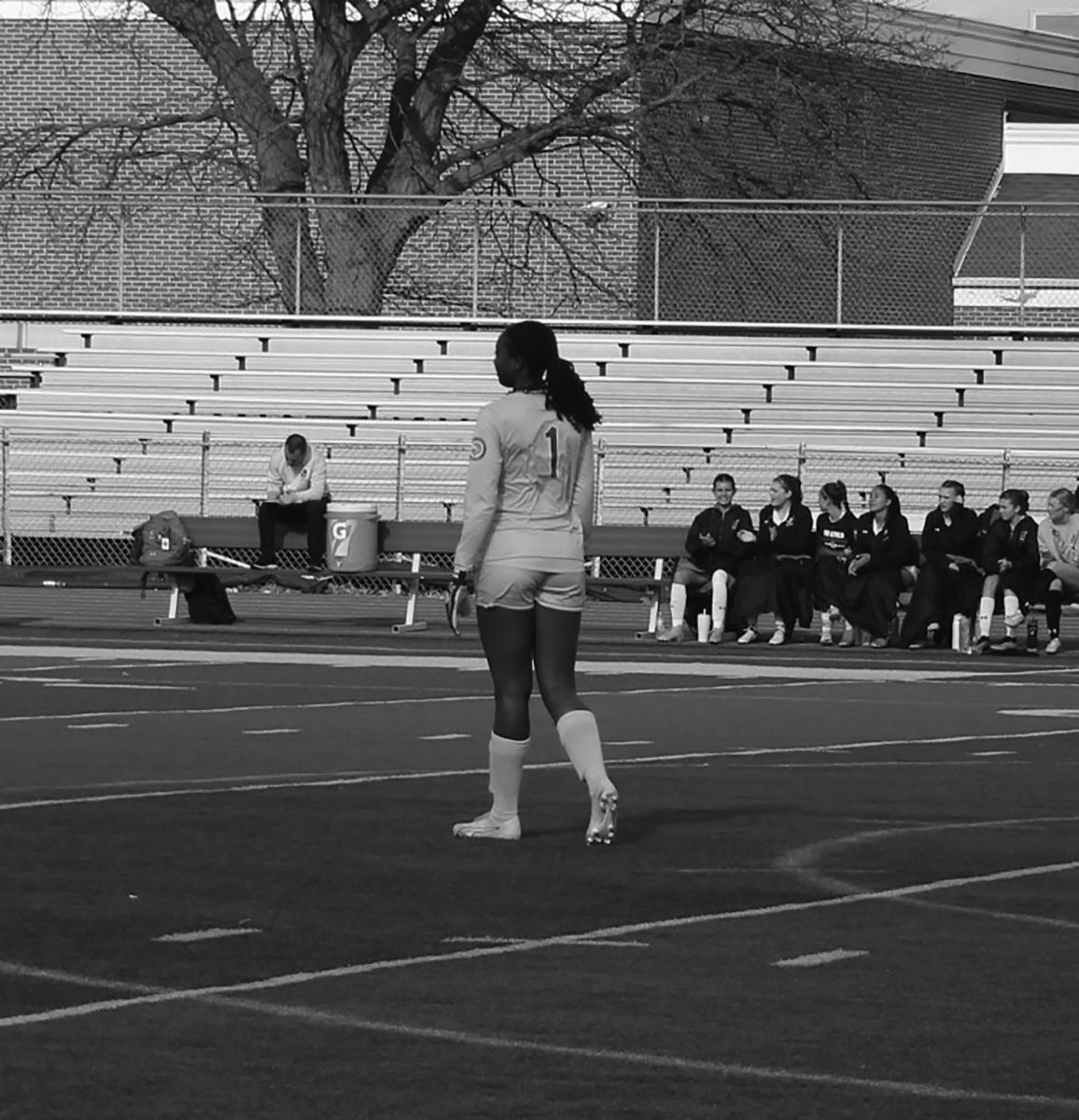
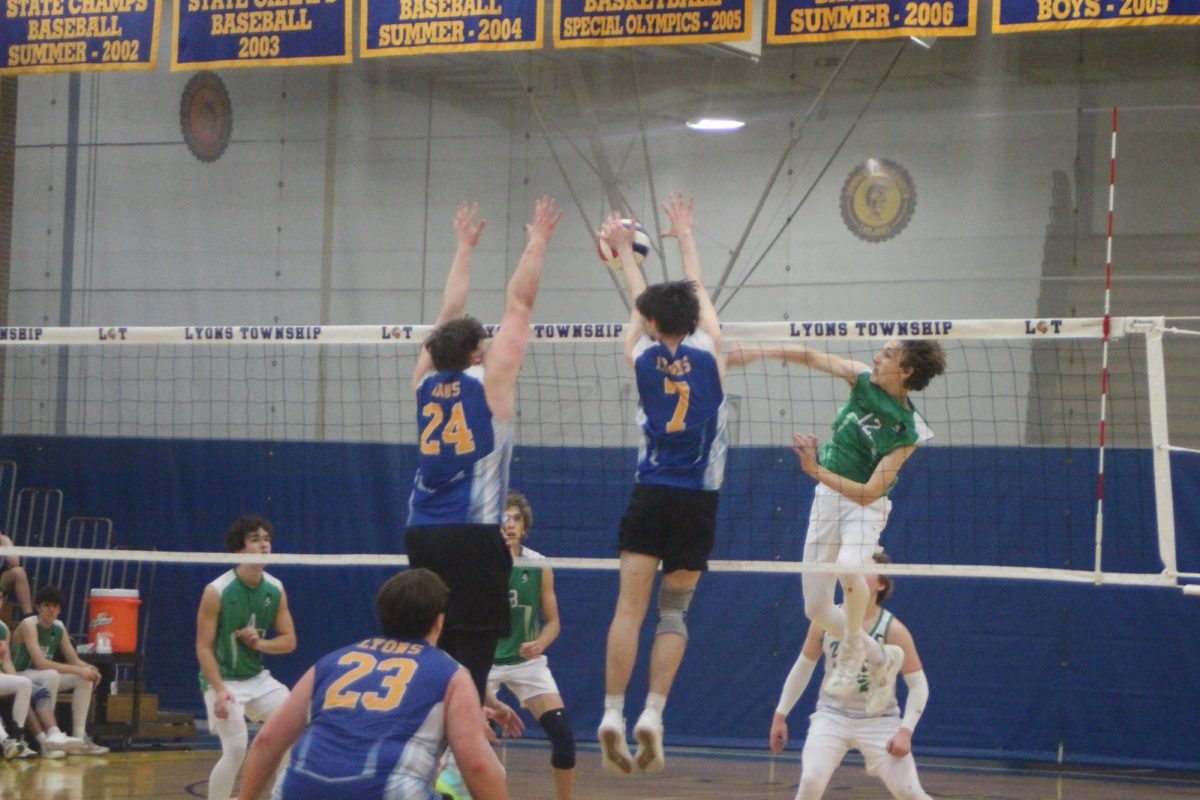
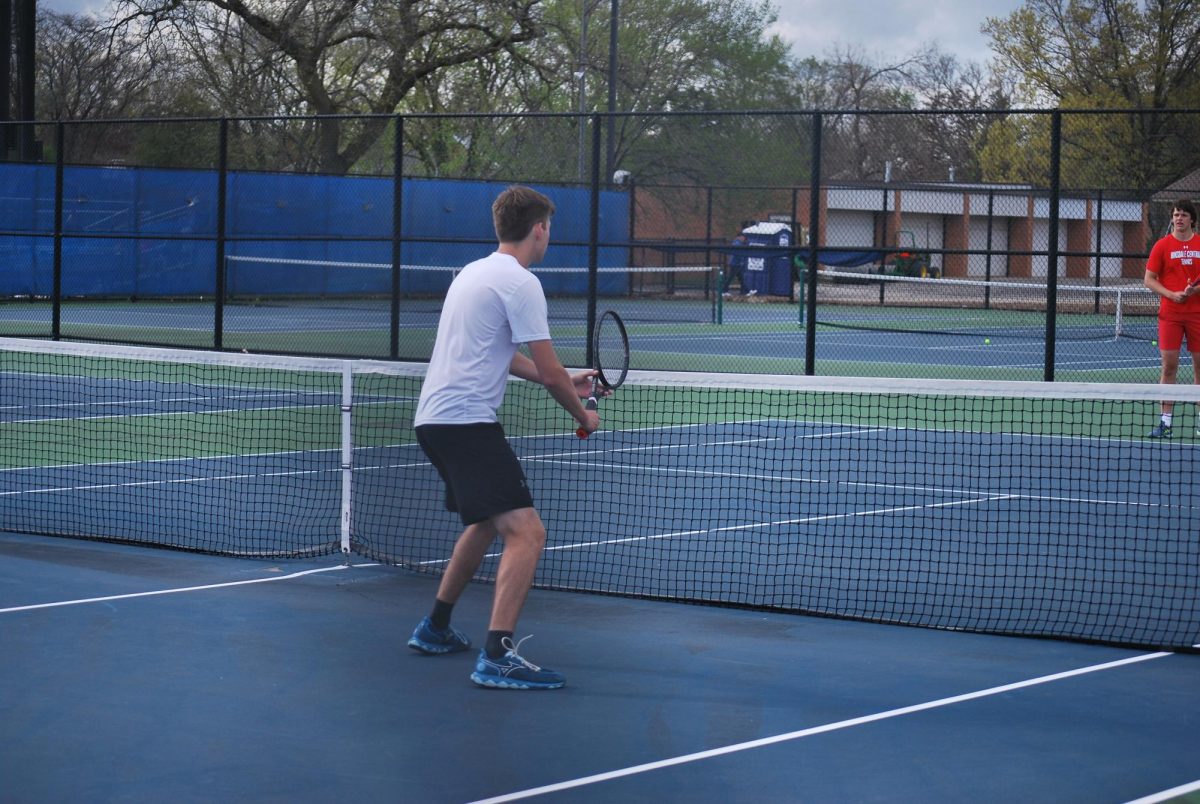
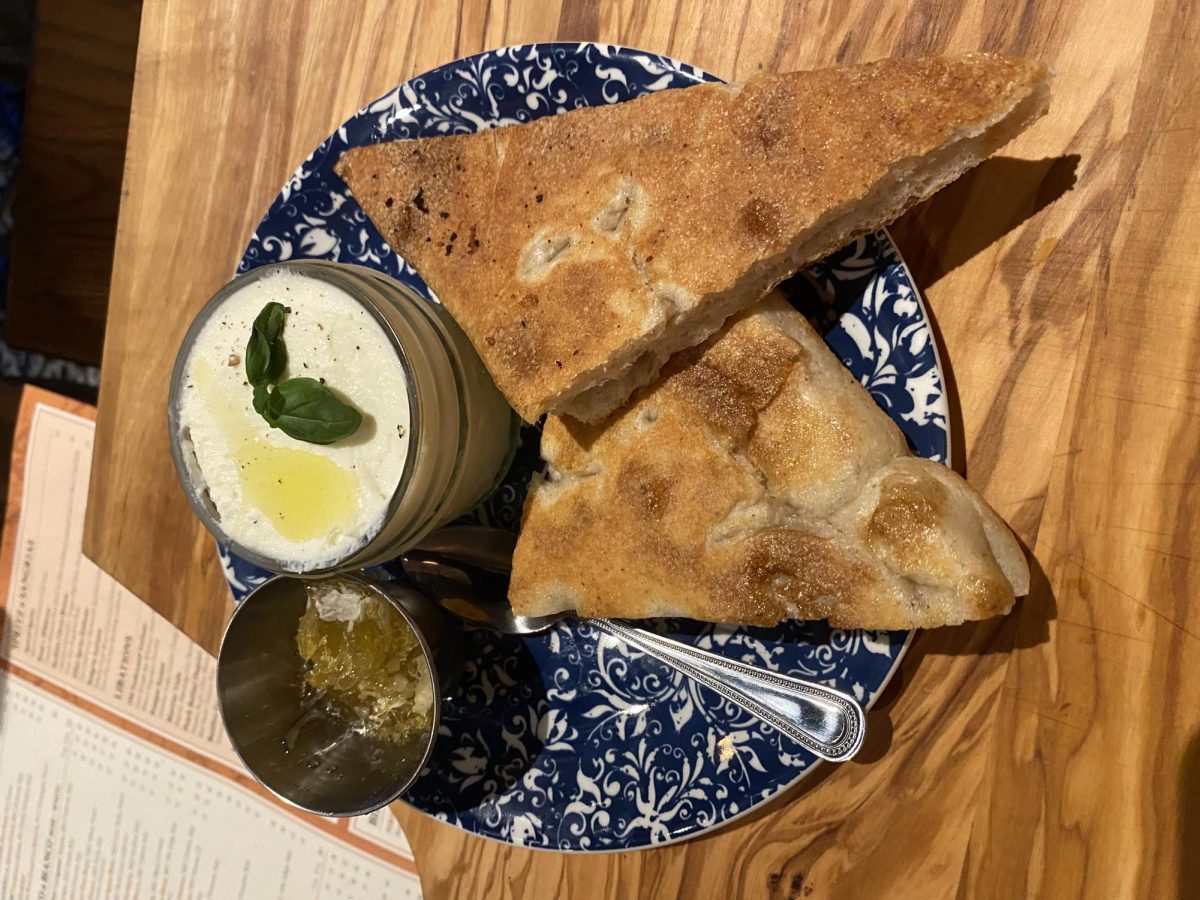
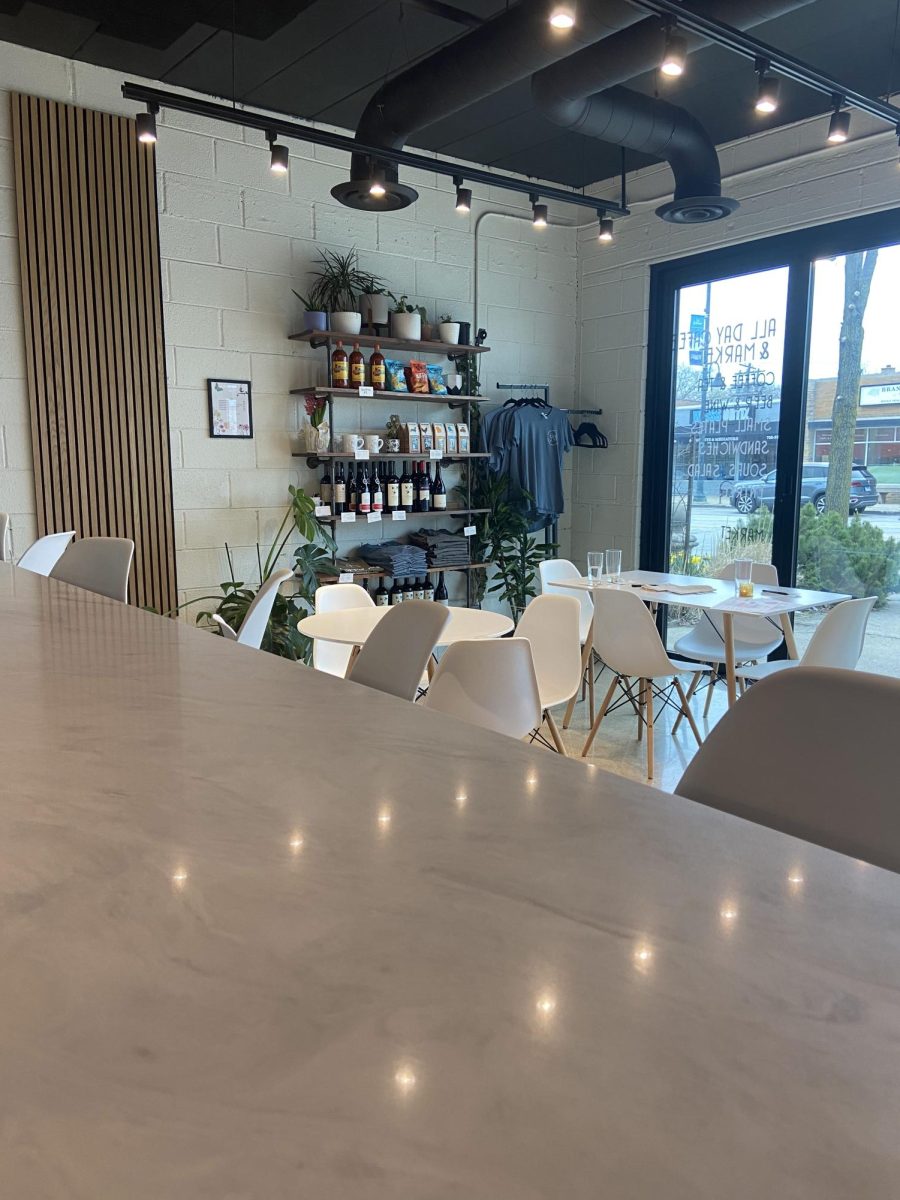


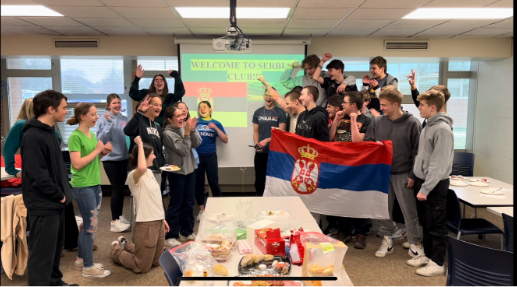


![Movie poster for [Rec] (2007).](https://www.lionnewspaper.com/wp-content/uploads/2023/04/rec-640x900.jpg)

